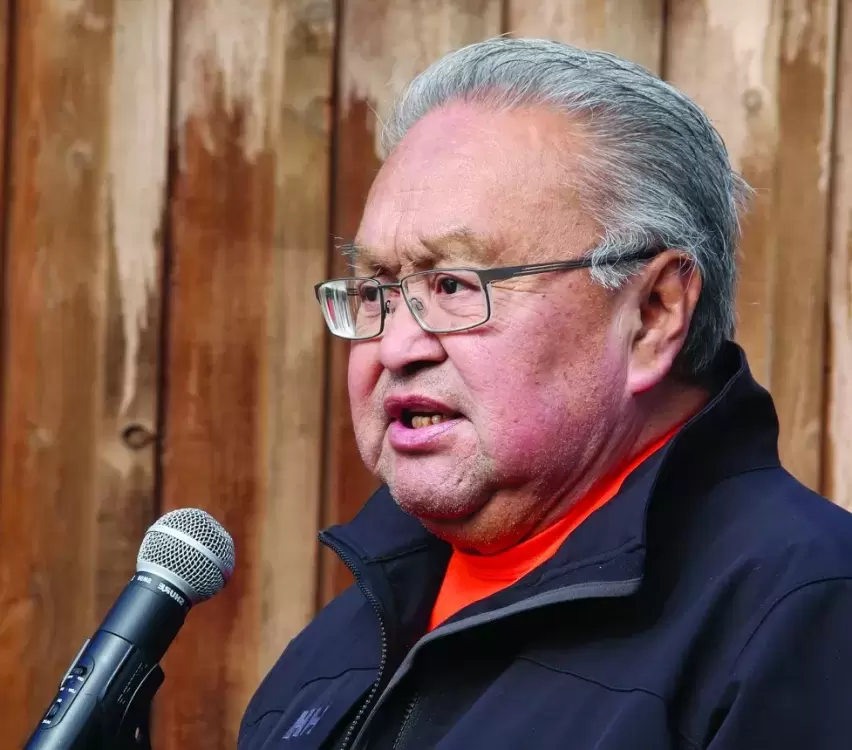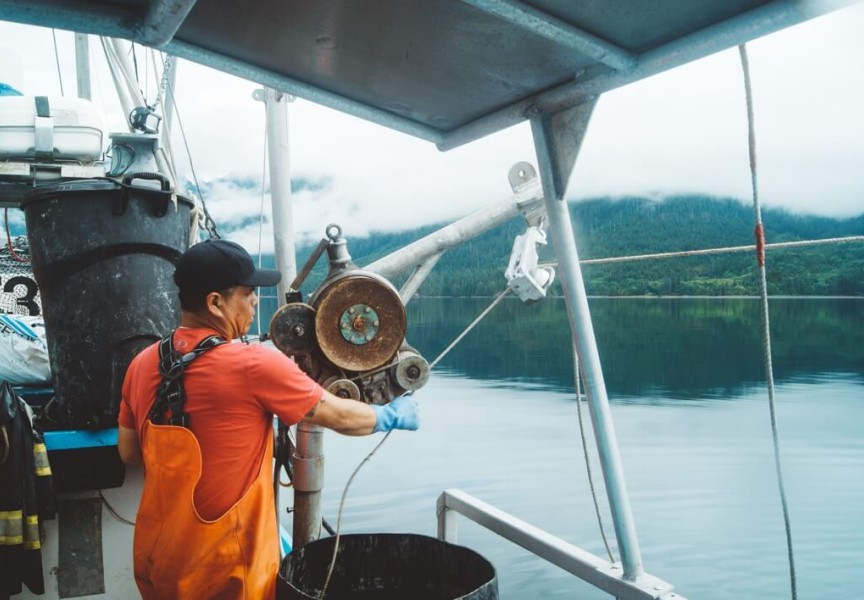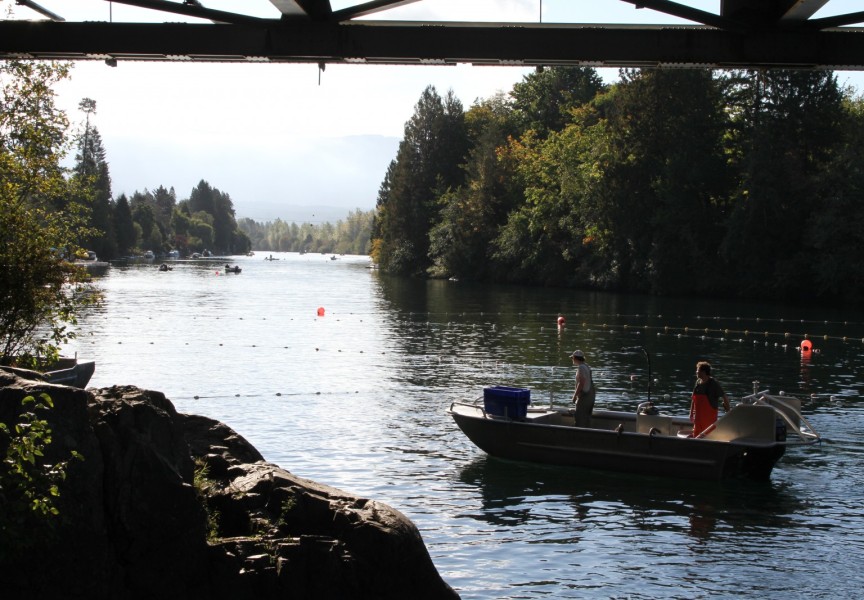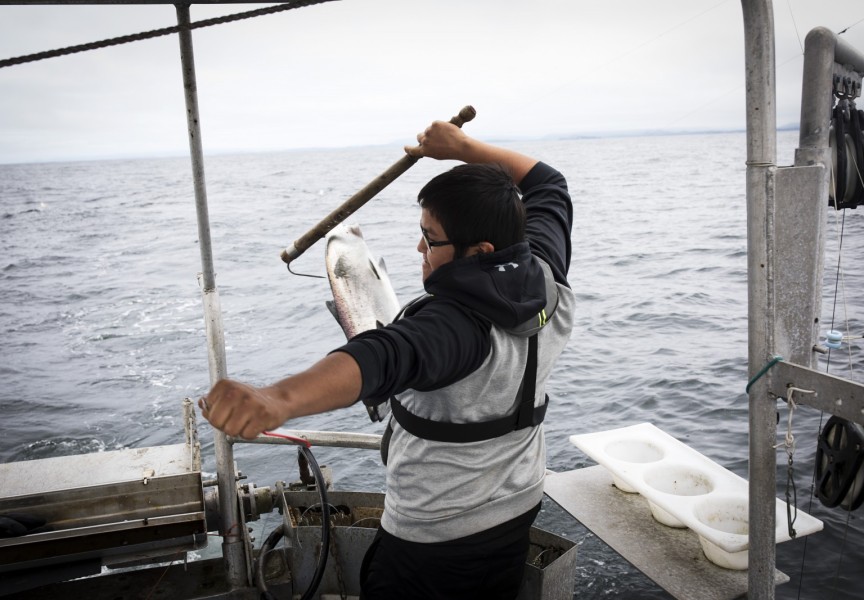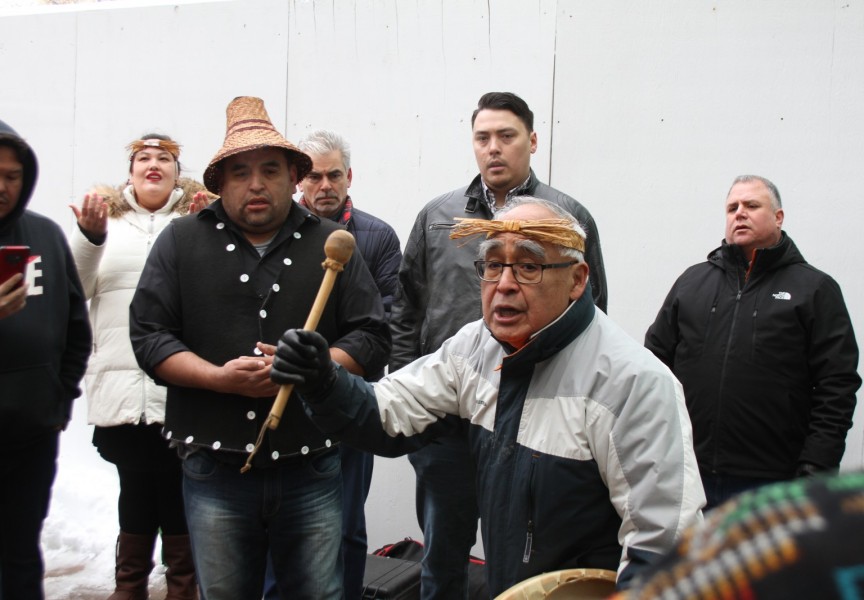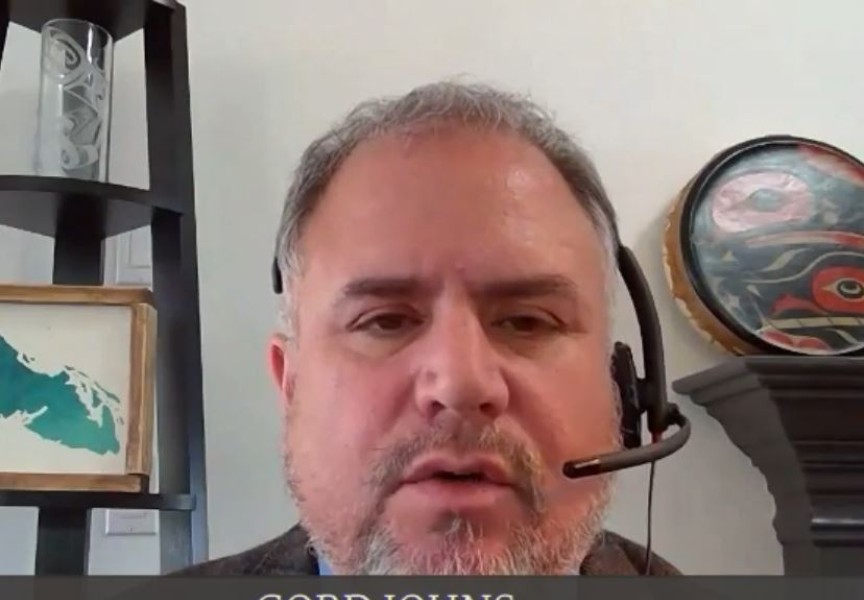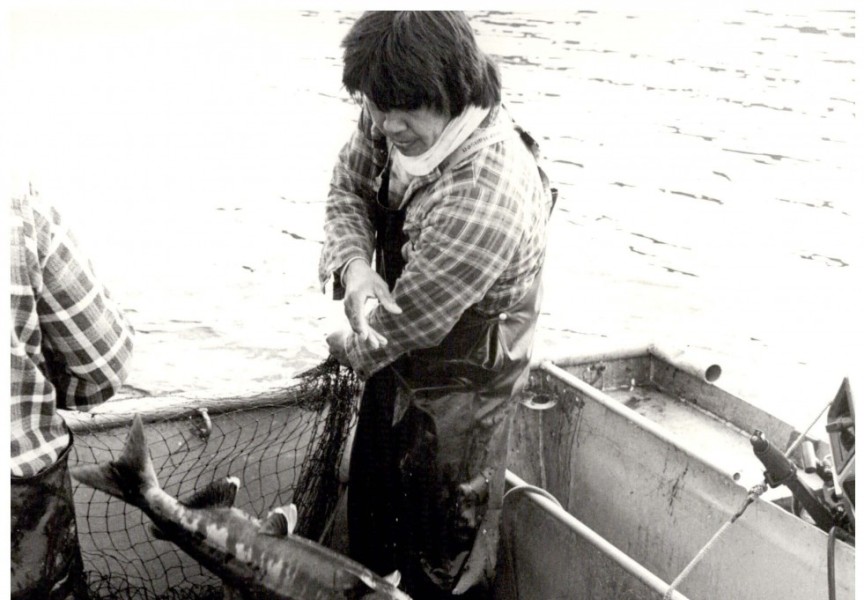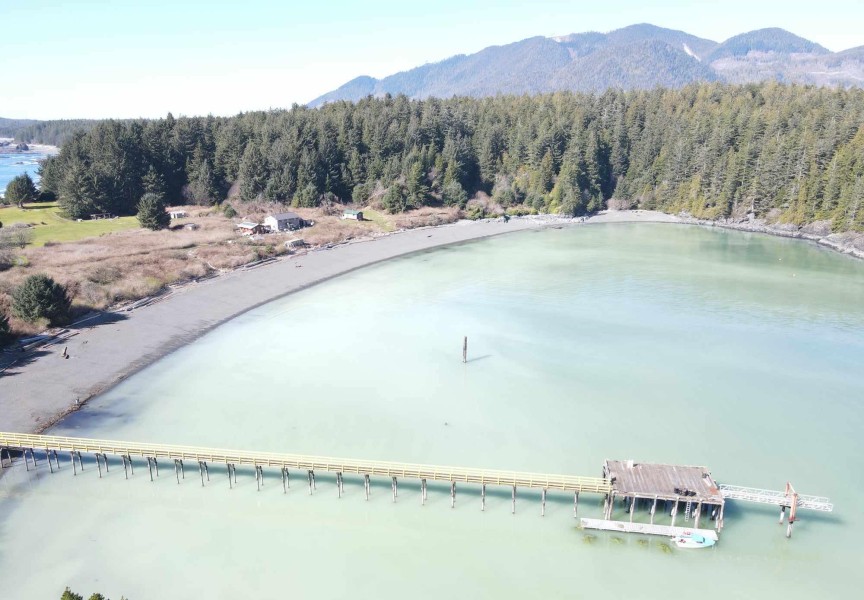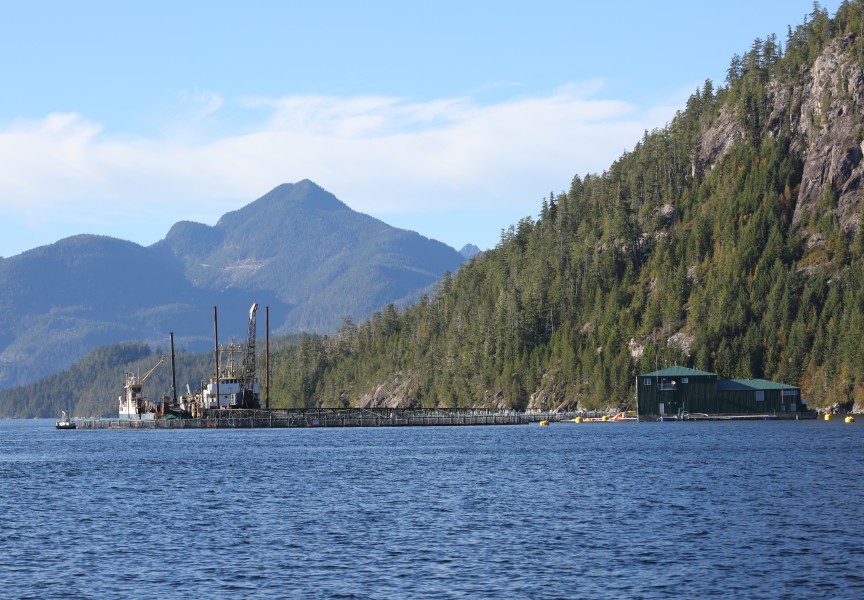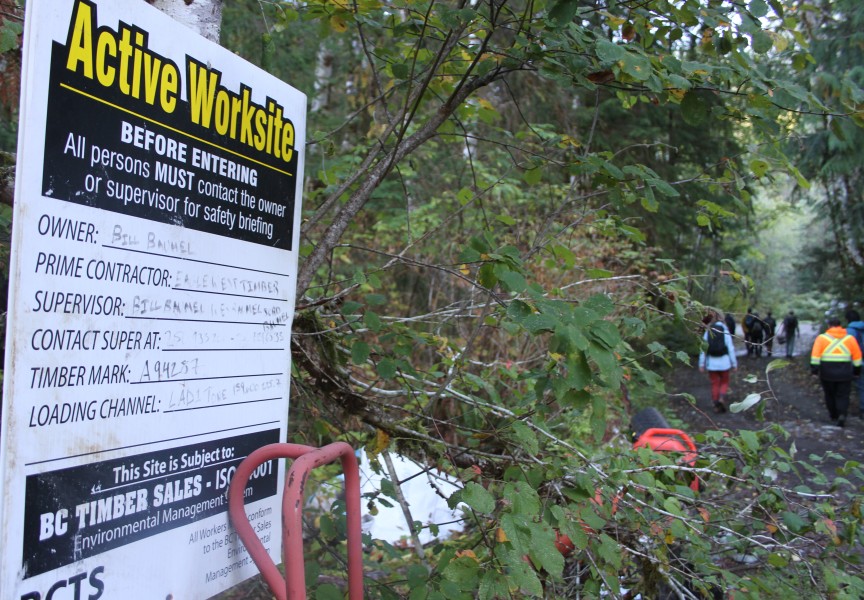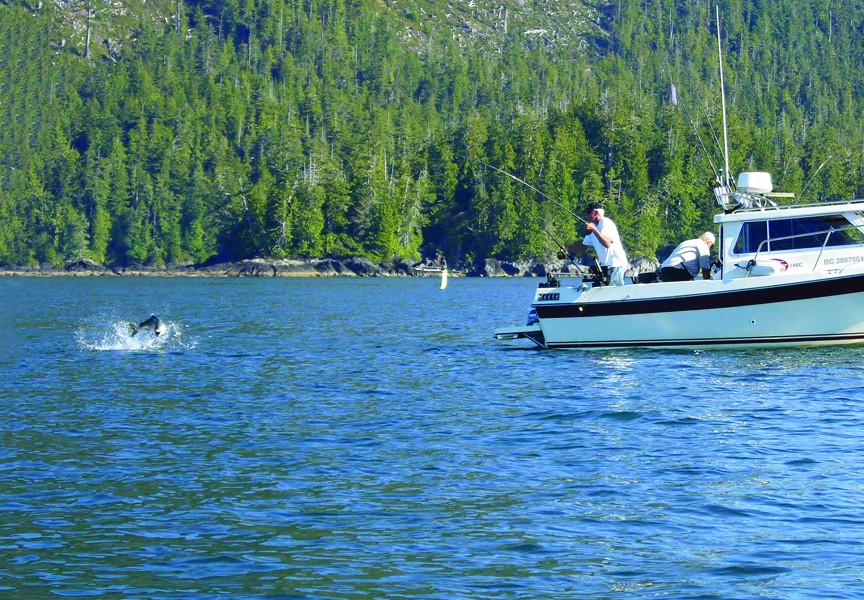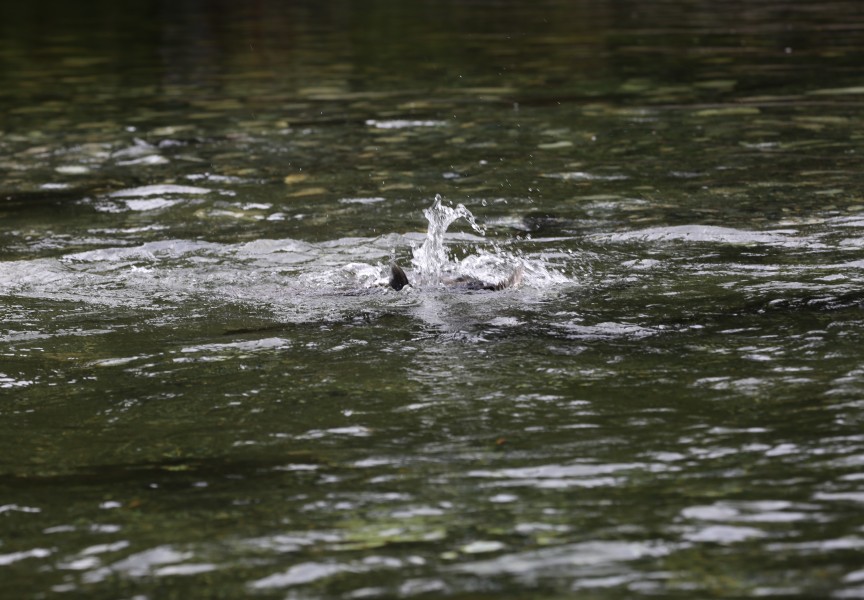After years of waiting, a decision on how the federal government will honour a court judgement in favour of the fishing rights of five Nuu-chah-nulth nations is expected in the coming weeks.
The next step for the T’aaq-wiihak case – which involves the Ahousaht, Ehattesaht/Chinekintaht, Hesquiaht, Tla-o-qui-aht and Mowachaht/Muchalaht – depends on how Canada will follow a B.C. Supreme Court ruling that gave the nations the legal right to catch and sell fish from their territories. That judgement came in 2009, but after unsuccessful federal appeals and years of negotiations with the nations, a plan of exactly how federal authorities will allow the nations to pursue this right has yet to come.
The issue was put to the prime minister when Justin Trudeau held a town hall meeting in Nanaimo on Feb. 2.
“I would like to know when your cabinet will make a decision with the T’aaq-wiihak court case,” asked Ahousaht Chief Councillor Greg Louie during the public event.
“I know that there is expectation that the court case is going to come down within weeks even,” responded Trudeau. “There are folks who are impatient - I’m impatient, you’re impatient - we know we need to get this done. We also know that we need to get it right, and that’s exactly what we will do.”
Last fall the five nations signed a framework agreement with officials from both Fisheries and Oceans Canada and Indigenous and Northern Affairs to outline a mandate that would acknowledge the nations’ aboriginal right to harvest and sell from their own waters.
“This work resulted in a shared understanding of what the mandate that Canada could secure would look like to support the mutual goal of reconciliation, and is to be heard by cabinet in early 2018,” explained Alex Gagne, manager of the T’aaq-wiihak fishery, which means fishing with permission of the Ha’wiih. “The negotiations of the implementation/reconciliation of the right are contingent on the mandate being secured by Canada, and hopefully will commence in the spring or summer of 2018.”
Meanwhile, a decision is expected from the B.C Supreme Court on how exactly the court’s Ahousaht et al. ruling from 2009 will be justified on the water. This second phase of litigation concluded in the fall of 2016 after 144 days of proceedings.
“It is hoped that the decision will be forthcoming in the very near future, as in the next month, however this is in the hands of the judge,” said Gagne. “What will be contained in this judgement in terms of scope, reach, direction, etc. is not known and we all are waiting for the decision.”
The nations involved hope these decisions will reverse a fishing decline that has cost many in their coastal communities a livelihood. Hesquiaht Chief Councillor Richard Lucas recalls when his First Nation owned 44 fishing boats; now there are four.
“In my time it has drastically changed,” he said. “Even from my father, grandfather and great- grandfather’s time, they all seined in the winter for chum. Now there’s none of that because the licensing scheme basically wiped us out.”
“Fishing was our lifestyle and that’s how we survived year-to-year,” added Lucas. “Our fishing season, in our time, was April 15 it opened for chinook, June 15 it opened for Coho. That was open right until Oct. 31. In the last eight, 10 years we’re lucky if we get two, three weeks fishing - and we can only catch chinook.”
As a young man Lucas could buy a fishing licence for a dollar, but this opportunity narrowed with regulatory changes.
“They made a licence for Indians – that was A1 – you could only sell to other Indians, so it really had no value such as the A, where it was on the open market,” he said.
The five Nuu-chah-nulth nations have participated in a limited demonstration fishery that has operated on terms agreed upon by the DFO. This has allowed the harvesting of various species during distinct time frames with the aim of supporting the development of a larger T’aak-wiihak fishery in the future.
When the five nations’ right to harvest and sell more from their territories is accommodated by the DFO, they will be fishing alongside commercial and recreational boats that frequent the waters off the west coast of Vancouver Island.
Gagne is unsure if the DFO will have to alter the catch limits of these other user groups, but said that the fishing plans the nations have formulated are based on a wide range of factors, including conservation and the re-building of stocks.
“The nations fishing plans do not seek to increase the exploitation levels on any resource,” she said. “The nations are not looking for exclusive fisheries and want to see other fisheries (recreational, commercial, etc.) to continue in a manner that supports the sustainable harvesting of the resources.”
When the five nations have an agreement that accommodates their aboriginal right on the water, education will be necessary, as more than a generation has lost the opportunity Lucas had as a young man.
“My grandfather brought my dad out, my dad brought me out, and fishing died in my time so I couldn’t bring my son fishing because there was no more commercial fishery for us,” he said. “We need to retrain our people to learn how to fish.”

